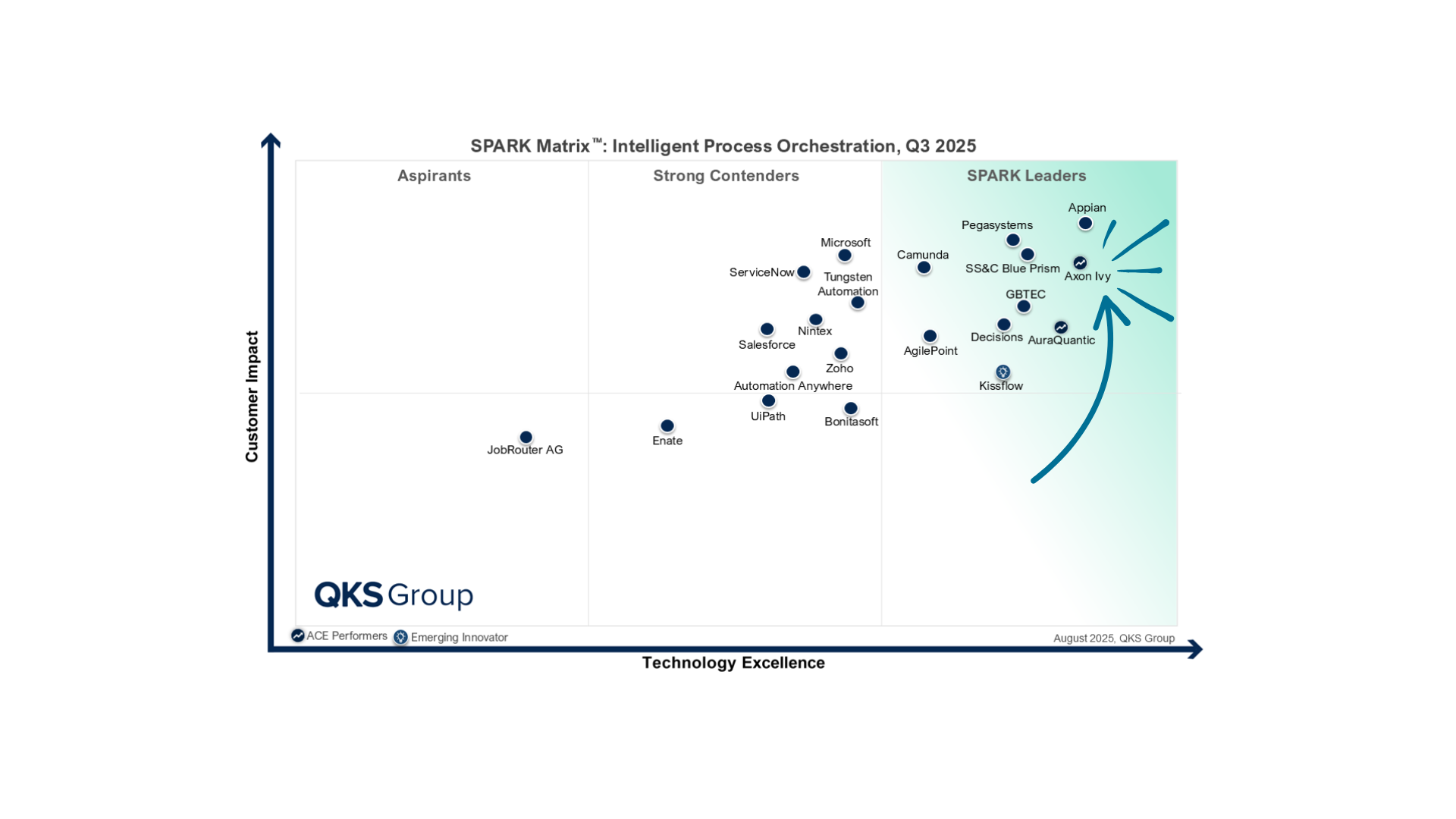
Enhancing B2B Sales Through Recommendation Management
Digitalization offers immense potential, particularly in lead generation for sales. However, despite its clear advantages, studies show that digital transformation is still not fully established in B2B sales, leading to missed opportunities for better customer engagement.
The Reality of Sales 2.0: Moving Beyond Traditional Methods
Digitalization is a game-changer across industries, particularly in B2B sales, which has undergone rapid changes and continues to evolve. Despite digital transformation offering some decisive advantages here, studies reveal that B2B sales teams are not fully leveraging digital possibilities and tools. As a result, digitalization is only progressing slowly in B2B sales. Sales 2.0 appears a long way off, and action is needed in order to bridge this gap.
Changing Customer Expectations: The Impact of Digital Transformation
The digital transformation has significantly reshaped customer expectations in both B2C and B2B sectors. Today’s customers not only demand cutting-edge products but also expect seamless, digitally-enabled interactions. B2B customers, who are accustomed to the convenience of digital tools in their personal lives, now expect the same level of efficiency and personalization in their professional dealings. To meet these evolving demands, sales teams must proactively and individually address customer needs to generate new leads effectively.
Leveraging the Full Potential of Digitalization
Relying solely on traditional sales methods, heavily dependent on the local knowledge of individual sales staff, limits the implementation of Sales 2.0. It is thus more critical than ever that sales in its current form reinvents itself and fully harnesses the power of digitalization. Only by embracing these changes can B2B sales teams thrive in increasingly competitive markets.
Digital Sales: More than Just Chatbots and Apps
While tools like chatbots and mobile apps are essential components of a modern digital strategy, effective digital B2B sales go far beyond these basics. Digital sales involve leveraging digital tools to optimize processes, engage with customers more effectively, and gather actionable insights. By fully utilizing these tools, companies can transform their sales processes and maximize the benefits of digitalization.
Data-Driven Recommendation Management: Setting New Standards
In recommendation management in particular, digital methods and sales processes using smart data have set new benchmarks. The insurance and financial sectors are prime examples of how data-driven recommendation management can be effectively applied in lead generation. By analyzing customer data, sales teams can identify potential issues during the acquisition process and address them proactively, improving both new customer acquisition and existing customer management.
Automating Routine Tasks: Freeing Up Valuable Time
Gathering information on potential and existing customers is a crucial but time-consuming aspect of sales. On average, sales staff spend around 30 minutes daily on these tasks. Digital assistants can automate routine tasks such as research, significantly reducing the administrative workload and allowing sales professionals to focus on more strategic activities.
“Digital sales means exploiting the potential of digitization in terms of process optimization, customer approach, and information acquisition.”
Oliver Deutsch
Director Sales & Marketing, Axon Ivy AG
Expanding Into New Markets With Digital Tools
Digital recommendation management not only streamlines research but also helps in penetrating new market segments in a radically new way. For instance, in the insurance and financial sectors, companies can combine high-quality data from commercial registers with existing customer data to generate new leads. This approach enables sales teams to not only gain an overview over potential target customers but also to prioritize and qualify prospects efficiently. This type of recommendation management conforms to GDPR and leveraging the latest technological advancements.
In industries like insurance and finance, implementing these algorithms can reduce the sales cycle by up to 40%. This allows decision-makers to identify potential customers more quickly and gain deeper insights into existing clients, improving overall sales performance.
To The Consultant With an Instinct for Sales
Data-driven recommendation management with digital assistants is not limited to the financial sector; it can benefit various industries, particularly those offering complex products and services. Despite the rise of intelligent digital tools, the human element remains vital in sales. However, the role of sales professionals is shifting from traditional selling to advisory roles that require a deep understanding of customer needs. The use of digital assistants is thus indispensable in ensuring that direct contact with the customer is as targeted and profitable as possible for both parties. Otherwise, it is not possible to gain all the necessary background information. A well-prepared contact partner who can anticipate the wishes of the customer in advance helps both the customer and sales alike.




